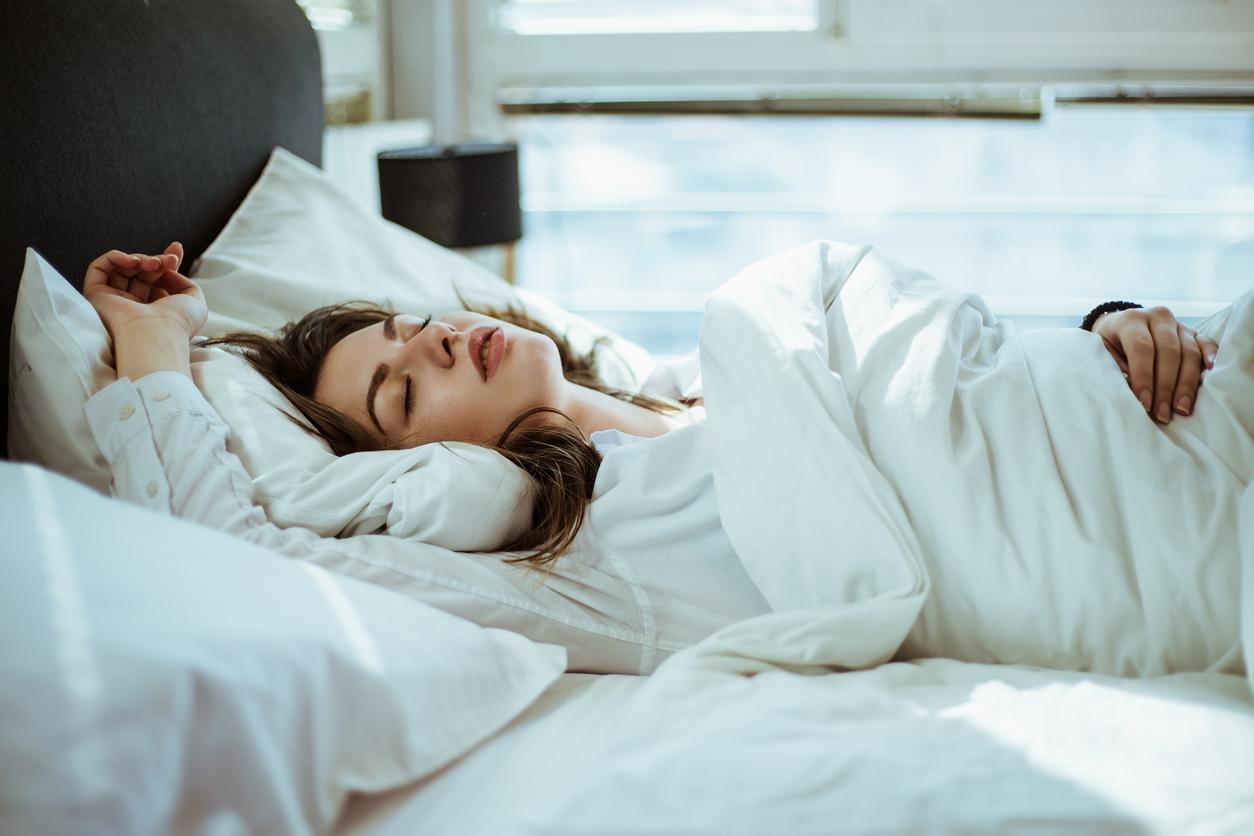Sleeping on your back is the best position according to experts - here's how to train yourself to do it
It is thought to be the top choice for pain management

Despite getting a full eight hours of undisturbed sleep, many of us still wake up feeling slightly off kilter.
And while that could be down to a number of things – including unhealthy food choices and rows with partners – the most likely cause is the position you’re sleeping in.
In fact how you lie down at night could affect a whole lot more than just your slumber with certain poses triggering everything from neck pain and sleep apnoea to impaired circulation and even nightmares.
So, what is the best way to catch your 40 winks? Well despite only eight per cent of us doing so, various studies and experts praise the virtues of people sleeping on their backs.
This, they say, is because it allows your head, neck and spine to maintain a neutral position, specifically making it a great option for anyone suffering from pain in those areas.
What’s more, it’s also thought to cut down heartburn, as it keeps your head elevated above your chest.
But, what if you’re a serial side or front sleeper?
Luckily, Shelby Harris, a sleep medicine expert and a professor at Albert Einstein College of Medicine, has revealed how to train yourself to sleep on your back.
Speaking to Popular Science, Harris said when you’re ready for bed you should place pillows on both sides of your body, and one under your knees. This will help keep you in place and prevent you from turning on your side.
Alternatively, a more extreme method is to sew a tennis ball into the lining of your top on whatever side you tend to lay on. When you move in the night, the discomfort should ensure you flip over onto your back.
But, despite being the most beneficial sleep position, Harris does state that it’s not for everyone.
Back sleeping can actually cause sleep apnoea or exacerbate existing cases so if you’re prone to this problem, then it’s likely this isn’t the pose for you.
Join our commenting forum
Join thought-provoking conversations, follow other Independent readers and see their replies
Comments